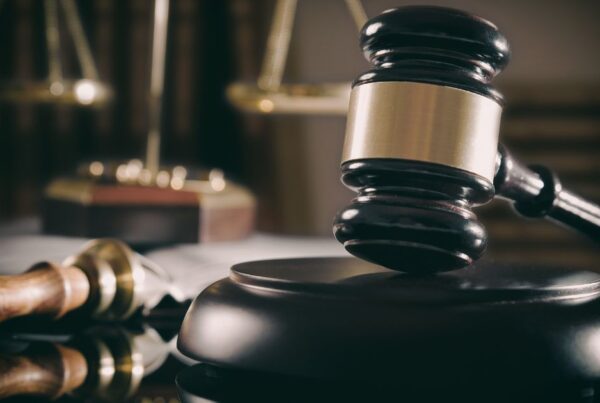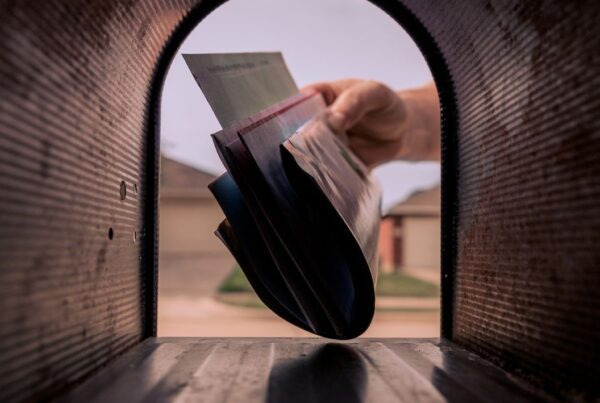 As a business owner, protecting your assets is just as important as growing your company. No matter how successful your business becomes, one lawsuit, creditor claim, or unexpected dispute can put everything at risk. That’s where asset protection strategies come in.
As a business owner, protecting your assets is just as important as growing your company. No matter how successful your business becomes, one lawsuit, creditor claim, or unexpected dispute can put everything at risk. That’s where asset protection strategies come in.
But here’s the question many business owners face: Should you rely on domestic asset protection here in the U.S., or consider moving some protections offshore with a foreign asset protection structure?
Let’s break down how each works, the pros and cons, and what might make sense for your business.
What Is Domestic Asset Protection?
Domestic asset protection refers to strategies you set up here in the United States to shield your personal and business assets from creditors, lawsuits, or other claims.
Common tools include:
-
LLCs and Corporations – to separate personal assets from business liabilities.
-
Domestic Asset Protection Trusts (DAPTs) – allowed in certain states, these trusts provide strong protection against future creditors.
-
Homestead exemptions, retirement accounts, and insurance policies – all offer various levels of built-in protection under U.S. law.
Domestic options are often simpler and less expensive than offshore structures, and they can give you strong protections if they’re set up properly.
What Is Foreign Asset Protection?
Foreign (or offshore) asset protection involves creating legal structures in another country that has strong asset protection laws.
Examples include:
-
Offshore Asset Protection Trusts (OAPTs) in places like the Cook Islands, Nevis, or Belize.
-
International business companies (IBCs) that hold assets separately from your U.S.-based operations.
The appeal here is that foreign courts may not recognize U.S. judgments, which makes it much harder for a creditor or opposing party to reach your assets.
Domestic vs. Foreign Asset Protection: Key Differences
When deciding between the two, these are the main factors business owners weigh:
-
Cost and Complexity
-
Domestic options are usually less costly and easier to manage.
-
Foreign trusts and entities require ongoing fees, compliance, and foreign banking relationships.
-
-
Legal Strength
-
Domestic protections are strong, but U.S. courts can still reach them in certain situations.
-
Foreign protections make enforcement much harder for creditors, since they would need to pursue claims in another country.
-
-
Perception and Transparency
-
Domestic structures are common and straightforward.
-
Offshore structures can raise red flags if not managed correctly, especially with tax and reporting compliance.
-
Which Asset Protection Strategy Is Best for Business Owners?
The answer depends on your specific situation.
-
If you run a small to mid-sized business and want affordable, straightforward protection, domestic strategies like LLCs, corporations, and DAPTs may be all you need.
-
If you operate in a high-risk industry, have significant assets, or face potential large-scale litigation, a foreign structure might give you the extra layer of security you’re looking for.
It’s rarely an “either/or” situation. Many business owners use a combination of domestic and foreign strategies for maximum protection.
Asset Protection in Florida: What You Should Know
Since our firm is based in Florida, here are a few highlights that matter for business owners here:
-
Florida’s homestead exemption is one of the strongest in the nation, protecting your primary residence from most creditors.
-
LLCs and partnerships offer strong liability protections if structured correctly.
-
Florida does not have domestic asset protection trusts, so those looking for trust-based strategies often consider out-of-state or offshore options.
Why You Should Work With an Attorney for Asset Protection
Asset protection isn’t one-size-fits-all. The wrong structure can create unnecessary risks or even backfire if a court finds it was set up to defraud creditors.
An experienced business attorney can:
-
Evaluate your risks and business structure.
-
Recommend whether domestic or offshore protection makes sense.
-
Draft the right legal documents to ensure your protections hold up in court.
Final Thoughts
Whether domestic or foreign, asset protection is about preparation, not reaction. Waiting until after you’re sued is too late. By setting up the right structures early, you protect your business, your family, and everything you’ve worked for.
If you are a business owner concerned about protecting your assets, contact one of our experienced business attorneys in Miami at 305-570-2208.
You can also contact our founding attorney, Eduardo A. Maura, directly at eduardo@ayalalawpa.com.
Schedule a case evaluation online here.
[The opinions in this blog are not intended to be legal advice. You should consult with an attorney about the particulars of your case.]
Subscribe to Our Blog
Stay informed with our latest blog posts delivered directly to your inbox. Gain valuable legal insights, tips, and advice from our seasoned attorneys.







